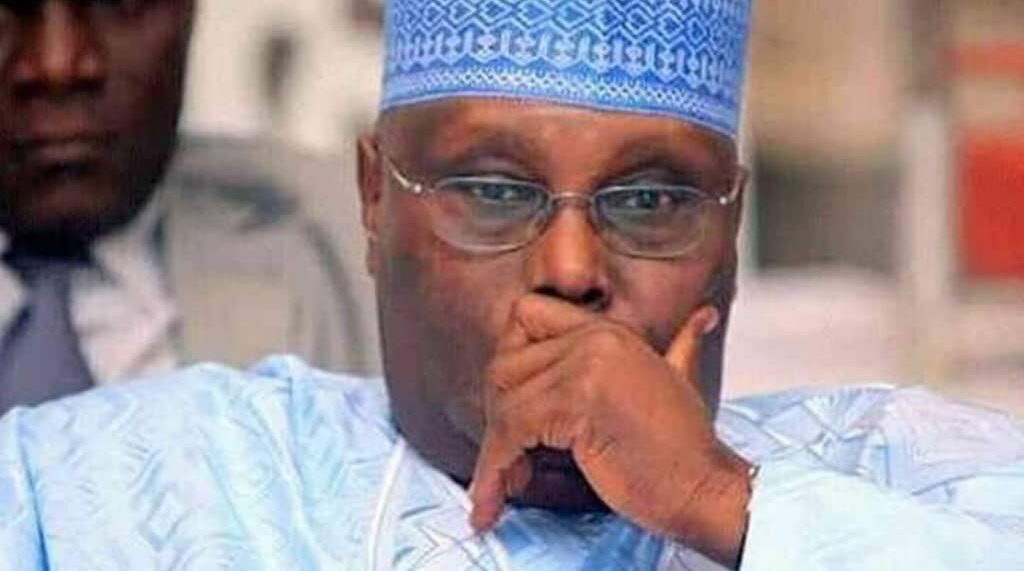Politics
Atiku reviews before the Supreme Court the problems with the PEPC decision

Atiku Abubakar, the Peoples Democratic Party’s (PDP) nominee for president in the 2023 election, is requesting that the Presidential Election Petition Court’s ruling be overturned because it disregarded the “Doctrine of Legitimate Expectation” regarding INEC’s failure to conduct the election in accordance with its own rules and the Electoral Act 2022.
Atiku argued in his Notice of Appeal, dated September 18, which was presented by his lead attorney, Chief Chris Uche, SAN, that the lower court’s failure to follow the aforementioned concept was sufficient justification for the Supreme Court to overturn the entire judgement.
Atiku argued, namely in ground seven of his notice, that the lower court committed a legal error by refusing to declare the presidential election held on February 25, 2023 invalid due to a violation of the Electoral Act 2022.
Atiku claimed that INEC carried out the presidential election on the false pretence that the presiding officers would electronically transmit the results of the election straight from the polling places to the collation system owned by the first respondent. This false pretence was made to the appellants and the general voting public.
He stated: “Contrary to the above unambiguous representations, undertakings, and guarantees, the 1st Respondent neither deployed the electronic transmission of election results nor the electronic collation system in the said election, sabotaging the justification for the enactment of the new Electoral Act 2022 and the introduction of the technological innovations.
The lower court erroneously absolved the first respondent (INEC) of any liability by ruling that it was not necessary to use technological innovations to ensure transparency, rather than holding the first respondent (INEC) as a public institution accountable to the representations it made in accordance with its statutory and constitutional duties, which gave rise to legitimate expectations on the part of the appellant.
The former vice president insisted that the election on February 25 was “conducted based on very grave and gross misrepresentation” and was thus oppressive to the appellants, not free and fair, and not in compliance with the principles of the Electoral Act 2022.
